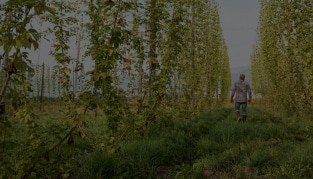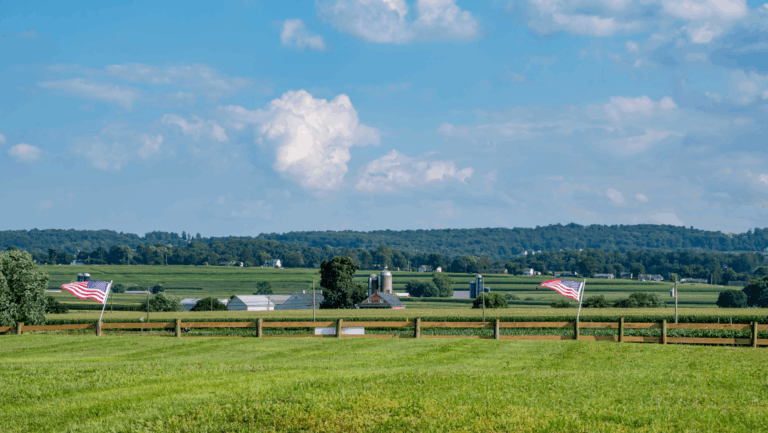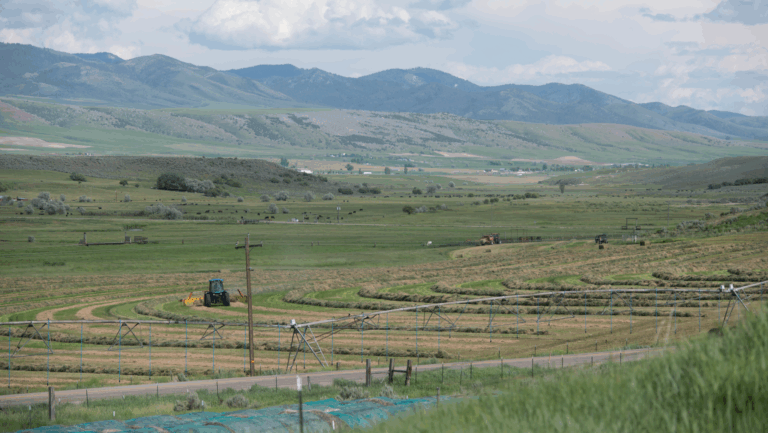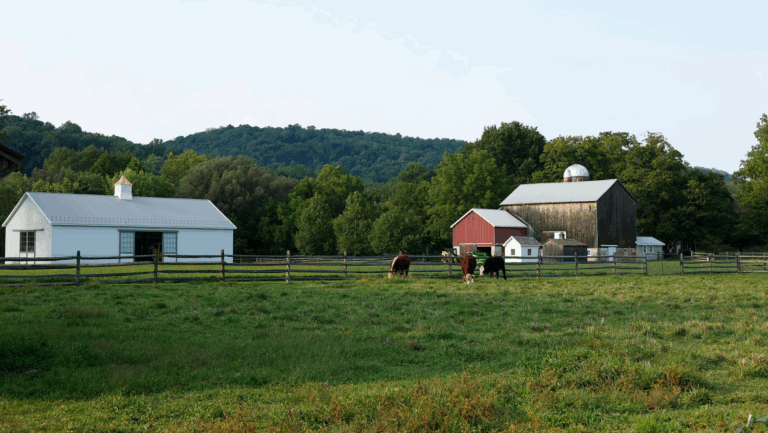Importance of Urban Forests Underscored in Recent Study
A recent study confirms the growth of the timber industry despite Urbanization being its biggest threat.
As the demand for wood products has remained stable in the almost 20 years of the 21st century, a study by Forest2Market has shown that forest productivity has grown and the idea of dwindling forestland in the south is not so. According to the study, The Historical Perspective on the Relationship between Demand and Forest Productivity in the U.S. South, the same is true for the timber industry. This historical perspective, which was commissioned by Drax Group, plc, the National Alliance of Forest Owners, and the U.S. Endowment for Forestry & Communities, Inc., puts forth a strong case that the biggest threat to forests is urbanization, solidifying the importance of urban forests.
Timber Industry Responds to Supply Demand
The study showed the demand for forest products increased removals from timberlands. In fact, removals increased by 57 percent between 1953 and 2015. As the population in the United States grew, along with gross domestic product in the latter half of the 20th century, so did the demand for forest products, including wood for more and larger home construction— while more wood was used in this country, there were more tree plantings as well.
Forest companies responded to the growth by investing in research to improve productivity and management. The study showed a 112 percent increase in timberland growth between 1953 and 2015.
Hannah Jefferies, one of the analysts of this study, said despite the fact that much of what comes from these industries focuses on depletion from harvesting trees, the numbers and evidence show that may be overblown. “Because those trees have value as a raw material, landowners regrow their trees and take steps to maximize the productivity of their timberlands,” Jefferies said about the report.
Southeastern Timber Industry Helps Meet Demand
One reason there has not been a shortage of wood products is because more than 50 years ago much of the pulp and paper industry moved to the Southeastern United States, where fast-growing southern yellow pine is cultivated. As supply grew, some companies began supplying other industries, and sawmills, for example, became vertically integrated.
To make sure mills would have a high-quality source of supply, forest companies invested in research on how to increase productivity, partnering with the U.S. Forest Service and others. The outcome was fact-based improvements to forest management practices that led to tremendous timberland growth.
The study, backed by the historical data, shows increased demand in the U.S. Southeast is associated with an increase in acres, more growth, and larger inventories.
As is the case with almost any agricultural industry, more demand means producers will work hard to increase the supply. The increased population and, subsequently, growing urban areas signals an increasing demand for keeping forested lands forested to help diminish the threat of urbanization on the timber industry.
The population in the South has grown 166% from 1953 to 2015 driving not only use of timber industry products in home construction, but also the encroachment on timberland as the need for land conversion increases to support that growing population. Growth in urban areas has been especially significant in Texas, Florida, Georgia, and North Carolina.
The Role of Urban Forests
Urban forests have become an important part of ensuring the future of the timber industry and play an important role as ecosystems that provide critical benefits to both people and animals. Urban forestry forms the green infrastructure on which communities depend and over 130 million acres of America’s forests are located right in our cities and towns.
AgAmerica is a proud supporter of the timber industry all over the country, and our team will be more than happy to share how our custom land loan packages can help your timberland operation grow and succeed. You can also contact us anytime to speak with a knowledgeable team member.






